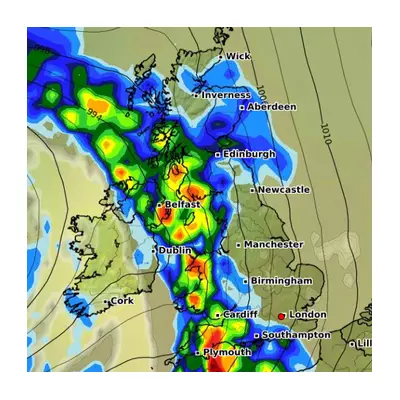
Greece is currently in the grip of a brutal heatwave, with temperatures soaring to a blistering 43°C (109°F) in some regions. The extreme weather has triggered urgent health warnings, particularly for vulnerable groups and tourists unaccustomed to such intense heat.
Meteorologists predict the scorching conditions will persist, raising concerns about heat-related illnesses and strain on emergency services. The Greek government has advised residents and visitors to stay hydrated, avoid direct sunlight during peak hours, and check on elderly neighbours.
Tourist Hotspots Affected
Popular holiday destinations including Athens, Crete and Rhodes are experiencing dangerously high temperatures. Many archaeological sites have adjusted their opening hours to protect visitors from the midday sun.
"This is one of the most severe heatwaves we've seen in recent years," said a spokesperson from the National Meteorological Service. "We're urging everyone to take precautions as these conditions can be life-threatening."
Emergency Measures Implemented
Authorities have activated emergency response plans, including:
- Increased medical staff at hospitals
- Cooling stations in major cities
- Public service announcements across media platforms
The heatwave comes as Greece enters its peak tourist season, with millions of visitors expected in the coming weeks. Tourism operators are providing extra water supplies and shaded areas for guests.
Climate Change Connection
Scientists warn that such extreme weather events are becoming more frequent and intense due to climate change. Last summer, Greece experienced devastating wildfires exacerbated by similar heat conditions.
With no immediate relief in sight, officials continue to monitor the situation closely, ready to implement additional measures if temperatures climb further.





